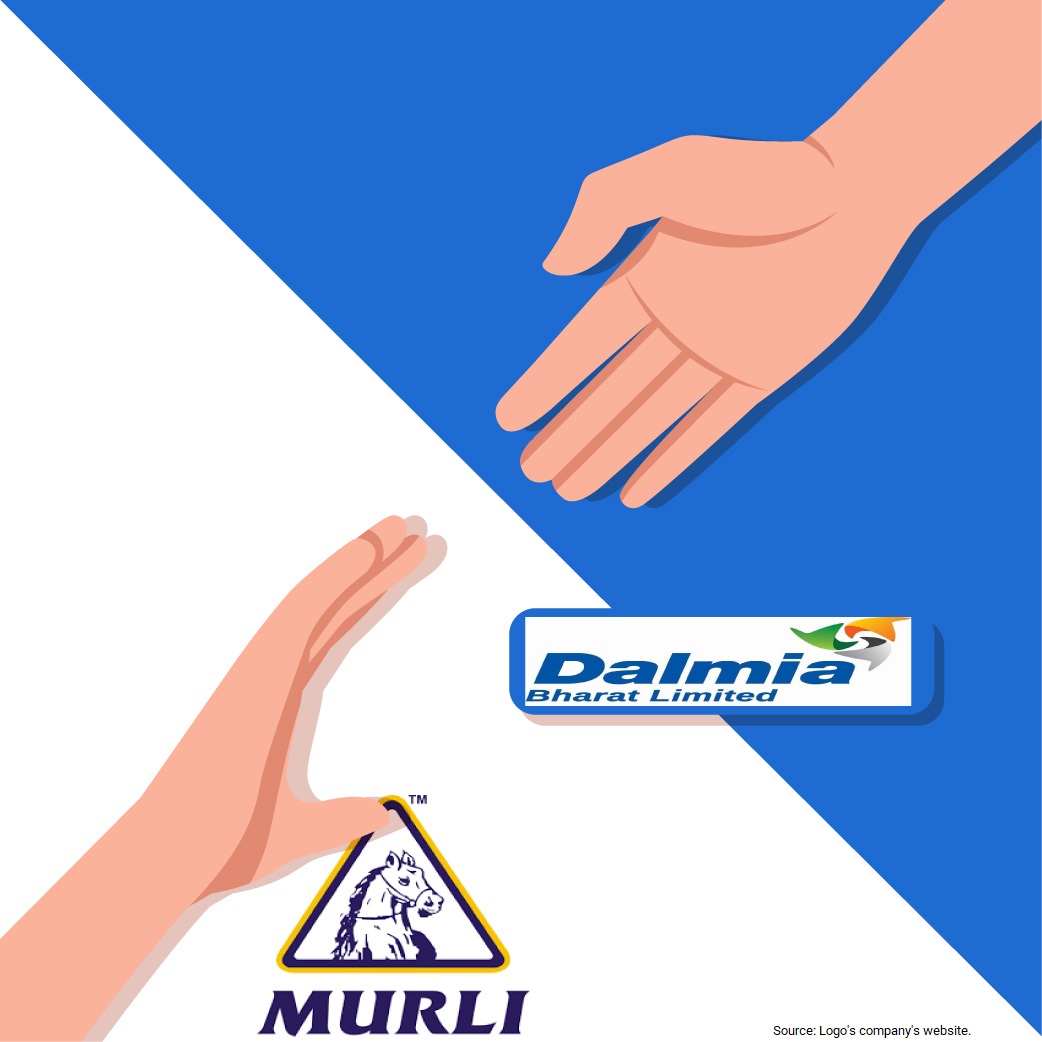Domestic and foreign institutional investors such as Life Insurance Corporation of India and UK’s Aberdeen Fund, which together hold over 50 per cent in Grasim Industries, will be key decision makers in Aditya Birla Nuvo’s merger with Grasim, even as the top management of the Aditya Birla Group said on Saturday that the deal would be a win-win for everybody.
Both LIC and Aberdeen hold six per cent stake each in Grasim. All foreign portfolio investors put together own nearly 23 percent, while domestic mutual funds own over nine per cent. ICICI Prudential Life Insurance and GDR holders owned 4.3 per cent and 8.1 per cent, respectively.
Retail investors and other non-promoter shareholders own the remaining non-promoter shares.
The Birlas own only 31.28 per cent stake in Grasim. According to the current regulations, a majority of minority shareholders must vote for the merger proposal when it comes to voting. The Birlas have a 59 per cent stake in Nuvo.
Shareholder advisory firms said on Monday they would recommend minority shareholders to reject the merger proposal. Shriram Subramanian of Bengaluru-based proxy firm InGovern says the deal is against the interest of small shareholders and the only purpose of the merger is to increase the promoters’ stake in the company.
LIC, Aberdeen hold a key to Nuvo-Grasim merger “Investors prefer simple structuring with simple businesses. This transaction is just increasing the layering. For the Grasim shareholders, the layering and holding discount would increase while the Nuvo shareholders will not directly get the benefit of financial services demerger and share it with Grasim shareholders,” he said, adding: “There is no question of sweetening the deal as the deal itself is faulty.”
According to him, the shareholding structure Birla group companies reveals the promoter holding is structured in such a way that they can exercise greater control and voting powers despite having a low equity stake. The group has five listed entities – Grasim Industries, Aditya Birla Nuvo, Hindalco, Idea Cellular and UltraTech Cement. There are many cross-holdings between these companies, which effectively has increased the promoters’ stake in each of the companies while the ‘true’ beneficial interest is quite lower in many cases.
While the difference in actual beneficial interest and promoters’ stake is lower in Hindalco and Grasim, it is considerably higher in companies such as Nuvo, Idea, and UltraTech. Such structures help promoters to exert more control while having to make a lesser equity investment.
The demerger of financial services business into Aditya Birla Financial Services Group (an umbrella brand for all the financial service businesses of the Aditya Birla Group) through a partial demerger is also in line with this policy of the Group to retain voting control. This is not in the interest of small shareholders.
The voting will now become crucial as government-owned LIC rarely goes against the recommendations of proxy advisory firms.
Amit Tandon of the proxy firm, Institutional Investor Advisory Services (IiAS) said the transaction is hugely dilutive to the small shareholders and Nuvo should have first listed the financial services business instead of merging with Grasim first and then listing it. “Instead of cleaning up the structure, the merger will make it more complex. We think Nuvo should first list financial services so that it benefits its shareholders directly,” said he.
Ever since the news of the merger of Nuvo with Grasim became public, both companies have lost a combined market share of Rs 10,000 crore.
Aditya Birla Group Chairman Kumar Mangalam Birla said the merger would marry mature businesses with new-age companies, simplify the shareholding structure and help unlock value in the financial services business now housed with Aditya Birla Nuvo.
Birla said if an investor takes into account the previous restructuring within the group, then they have always made money – citing the latest example of Pantaloon Fashion when it took over Nuvo’s fashion businesses (which was later renamed Aditya Birla Fashion and Retail). Birla said the deal is complex and that it will connect with minority shareholders to make them understand how the deal is a win-win deal for all.
Aberdeen has said in a TV interview that the management of the group is well known for ethically correct practices and, hence, they will try to understand the reasons behind the merger proposal that would create a Rs 60,000-crore revenue entity.
Responding to investors’ concerns, Ashish Adukia, head (corporate finance) and Saurabh Agarwal, chief strategy officer of the group told Business Standard on Saturday the merger would lead to textiles and chemicals coming together as common businesses, besides the new company would have a more diversified structure with multiple growth drivers. They also added that Grasim’s Viscose staple fibre and Nuvo’s viscose filament yarn would bring synergies.
They added Grasim already had large verticals and growth rates would not have improved without adding new verticals. Grasim would benefit from growth in various verticals, especially financial services, and it would be incubating more new businesses that accrue further benefits.
Recent Articles on M&A
Source: Business-Standard




